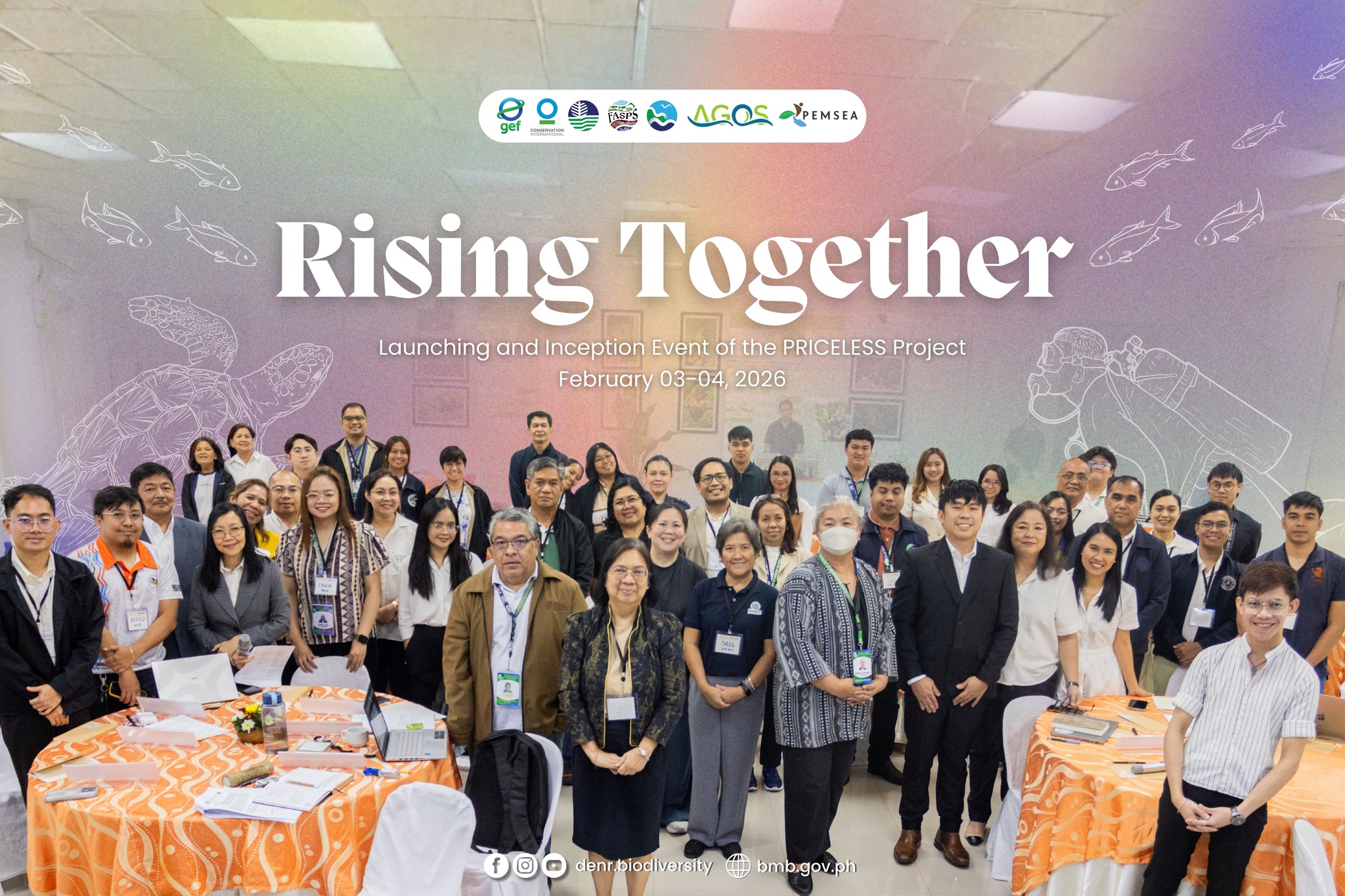Forging Partnerships to Save Coral Reefs
Wednesday, 23 January 2008

Quezon City, Philippines — The Marine Science Institute (MSI) of the University of the Philippines organized a Synthesis Panel Meeting on 30 October 2007 to present an overview of the Coral Reef Targeted Research and Capacity Building for Management (CRTR) Program, its history, progress and plans. The CRTR is a leading coral reef research initiative that provides a coordinated approach to credible, factual and scientifically-proven knowledge for improved coral reef management. It is a research and capacity-building partnership between the Global Environment Facility, The World Bank, the University of Queensland (Australia), the United States National Oceanic and Atmospheric Administration and approximately 40 research institutes and other partners around the globe.
Associated with the CRTR are regional Centers of Excellence which serve as convening locations for each of the CRTR Working Groups, tackling various core research areas of the program such as coral bleaching, connectivity, coral diseases, coral restoration and remediation, remote sensing and modeling and decision-support. MSI's Bolinao Marine Laboratory, the Centre of Excellence in Southeast Asia, was given the privilege to present the issues, progress and impacts related its research priorities focusing on coral reef identification and taxonomy, coral diseases and marine microbiology and connectivity and populations of economically important reef species.PEMSEA participated in the meeting together with other GEF-funded projects, such as the Coral Reef Rehabilitation and Management Project (Indonesia) and the Mindanao Rural Development Program (Philippines). The meeting provided a venue for discussions where possible networking and partnerships can be forged in relation to coral reef research and management. One area of interest for PEMSEA, aside from taking advantage of the capacity-building opportunities provided by the CRTR program, is the possible linkage with the Local Government Initiative (LGI), which aims to improve governance by educating and helping local governments to adopt reef-friendly practices. The PEMSEA Network of Local Governments for Sustainable Coastal Development (PNLG) hopes to benefit from the "demonstration effect" that LGI is targeting to achieve by making available best practices guidelines on coral reef management to other local governments.




